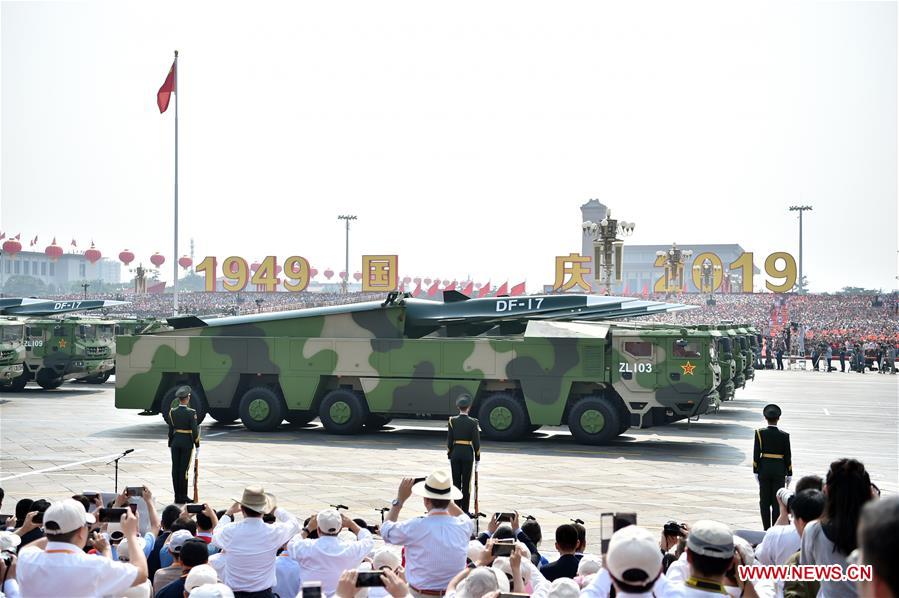The following is an excerpt from an opinion piece published in Breaking Defense. Full article is available here.
Adam Smith, chairman of the House Armed Services Committee is under pressure from within his party to hold down defense spending, so he has advocated focusing less on the defense top line and more on the value of what the U.S. gets from its defense budget.
Since the Chinese threat is the driving threat for the Biden Administration, focusing on value for the fiscal 2022 budget may render some surprising answers and implications when comparing the value of US vs. the PRC’s defense spending.
New data indicates that, despite China’s ridiculously low official defense spending figures, the value of its defense budget may have surpassed what the U.S. actually spends on defense. If true this does not comport to the narrative that the U.S. remains decades ahead of China and has time to pivot to Asia in a predictive fashion by incrementally shifting resources within the existing budget.
Predicting and opining on the significance of changes in U.S. defense spending is one of Washington’s favorite parlor games. Despite persistent calls by civilian and uniformed officials for a 3 to 5% annual budget increase to compete with China, the Trump Administration ignored this advice and cut the budget for fiscal 2021. As a result, this year the Pentagon is executing a $740 billion budget – $705 billion for the Pentagon and the remainder primarily for DOE nuclear programs. This Friday the Biden Administration is expected to propose a 2022 budget that will likely be less than inflation. One part of the Democratic Party (fondly known as progressives) are pushing for a 10% cut. This is why the perceived low rate of Chinese military spending is crucial.
The trope that the U.S. outspends the next 10 countries in defense combined regularly gets trotted out to explain why defense spending might go lower. The U.S. can limit defense spending and still meet our national security needs is the argument that resounds in the halls of OMB and the appropriations committees.
In popular terms, the case is made that we can buy more butter and fewer guns and still be safe. National security advocates often counter this with the somewhat thin argument that we must spend more because the U.S. has more interests than anyone else in more places around the world. What if these arguments and the basic assumptions on both sides are mistaken? What if we are not spending more and are achieving less value from what we spend than our adversaries?
Full article available here.

